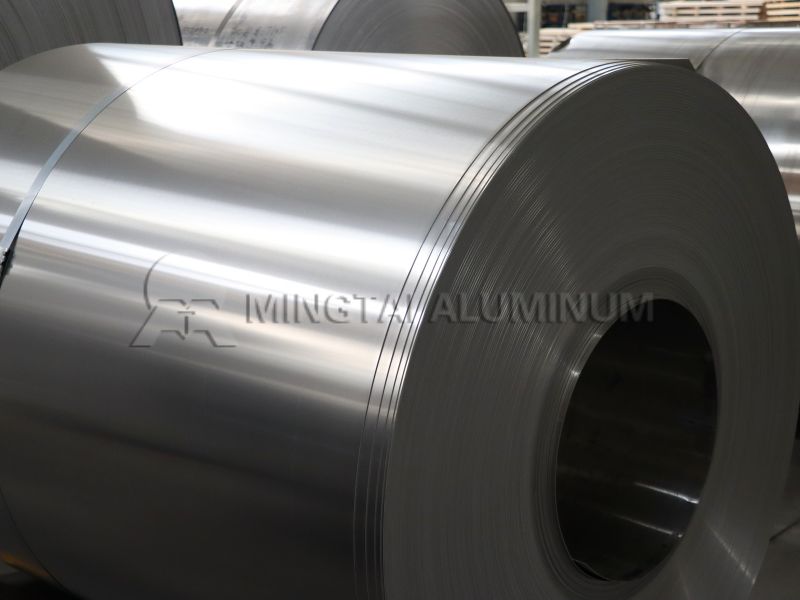-
Location:
Mingtai Aluminum Stock Shop >>
News>>
Products Information>>
6016-T6 aluminum coil for electrical contactors
Electrical contactors mainly play an important role in automatic control and protection. By controlling the on/off of contactors, automatic control of circuits can be achieved, and they can provide protection in the event of circuit failures. They are widely used in motor control systems, traffic signal control systems, automation devices, household appliances, power systems, and other fields, playing an important role.
Aluminum for electrical contactors
6-series alloy: 6016-T6
Product specifications: 2.75 * 995 * C

Technical standards
Tensile strength: 200-260MPa
Yield strength:>160mpa
Elongation rate:>10%
Thickness tolerance: ± 0.05mm
Width tolerance:+2mm/-0
Advantages of using aluminum for electrical contactors
Good conductivity: Aluminum contact wires have excellent conductivity and can meet the requirements of power transmission systems. This feature ensures that the contactor can effectively transmit current in the circuit, maintaining the continuity and stability of the circuit.
Lightweight: Aluminum has a lower density than copper, so aluminum contact wires are lighter in weight. This helps to reduce installation and transportation costs, especially in situations that require long-distance transmission or extensive use of contactors, where its advantages are more significant.
Corrosion resistance: Aluminum oxide formed by the reaction of aluminum and oxides has good corrosion resistance. This makes aluminum contact wires more durable and easier to maintain than copper wires. In harsh working environments, aluminum contactors have a longer service life and reduce the frequency of replacement and maintenance.
Ductility: Aluminum has good ductility and can be made into wires of various shapes and sizes to meet different practical needs. This provides greater flexibility for the design and manufacturing of contactors.


